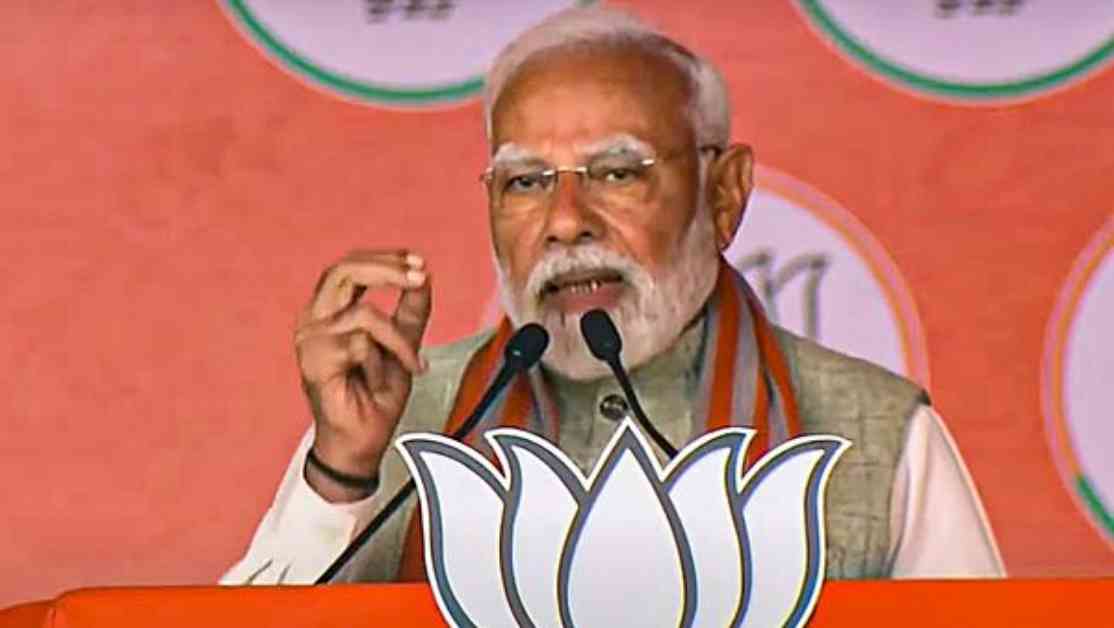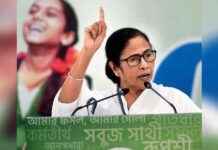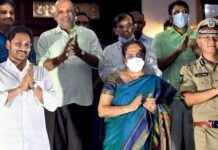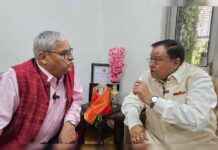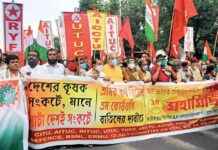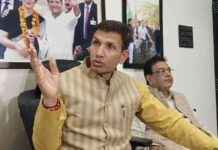Prime Minister Narendra Modi has recently engaged in a war of words with Aam Admi Party (AAP) leader Arvind Kejriwal, responding to allegations that the Bharatiya Janata Party (BJP)-led Haryana government is contaminating the Yamuna water. The heated exchange, amid the backdrop of the upcoming Delhi Elections 2025, has sparked controversy and accusations on both sides.
During a rally in Delhi, PM Modi vehemently refuted the claims, emphasizing that he, too, consumes water from the Yamuna and questioning the logic behind poisoning a vital resource that serves various strata of society. His remarks, laced with irony and sarcasm, struck a chord with supporters while igniting a fierce political debate.
“Yamuna water is consumed by judges, diplomats, as well as the poor; how can one think that Haryana will poison it to kill Modi?” Modi exclaimed, challenging the integrity of the allegations. The exchange escalated further as Modi criticized the AAP for shifting their stance on the importance of cleaning the Yamuna, now dismissing it as inconsequential to garner votes.
The implications of these accusations are not limited to mere political banter; they have far-reaching consequences for public health and environmental concerns. The AAP’s claims of deliberate contamination have raised alarm bells among the electorate, leading to calls for accountability and transparency from both sides.
Delhi Elections 2025: Is Yamuna being ‘poisoned’?
The brewing conflict surrounding the quality of Yamuna water has unfolded into a full-fledged political showdown, with the BJP and AAP locking horns over the veracity of the claims. The Election Commission has been dragged into the fray, with the BJP seeking to muzzle Kejriwal’s campaigning activities and demanding concrete evidence to support his assertions.
Arvind Kejriwal’s insistence that Haryana is supplying tainted water to Delhi, allegedly laced with poisonous substances, has put the spotlight on issues of water management and interstate cooperation. The severity of these accusations cannot be understated, as they directly impact the well-being and safety of millions of residents in the national capital.
Delhi CM Atishi and Punjab Chief Minister Bhagwant Mann have joined forces in condemning the alleged pollution of the Yamuna, further underscoring the gravity of the situation. Their efforts to hold the Haryana government accountable for releasing harmful pollutants into the river highlight the urgency of addressing environmental degradation and safeguarding public health.
Delhi Elections 2025: On possible post-poll alliance
In addition to the water contamination crisis, PM Modi has also warned against the potential alliance between the AAP and the Congress post-elections, dubbing it a ‘double AAP-da’ scenario. His remarks signal a broader strategy to counter the growing influence of opposition parties and maintain the BJP’s stronghold in the political landscape.
As the election date approaches, the political climate in Delhi is charged with anticipation and uncertainty. The outcome of these elections will not only determine the future leadership of the capital but also shape the trajectory of environmental policies and governance in the region.
In the midst of these turbulent times, it is imperative for voters to critically evaluate the promises and actions of political leaders, holding them accountable for their commitments and decisions. The fate of Delhi hinges on the collective voice of its citizens, who must exercise their democratic right to choose a path that ensures the well-being and prosperity of all.
The saga of Yamuna water poisoning serves as a stark reminder of the interconnectedness of environmental stewardship and political accountability. The unfolding drama underscores the need for transparent governance, responsible leadership, and public engagement to address pressing challenges and safeguard the interests of the people. As the election day draws near, the choices made by voters will reverberate far beyond the confines of the ballot box, shaping the future of Delhi and its inhabitants.
